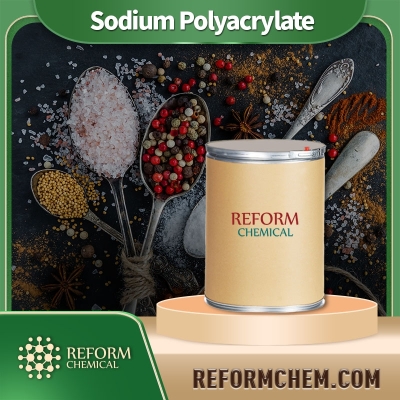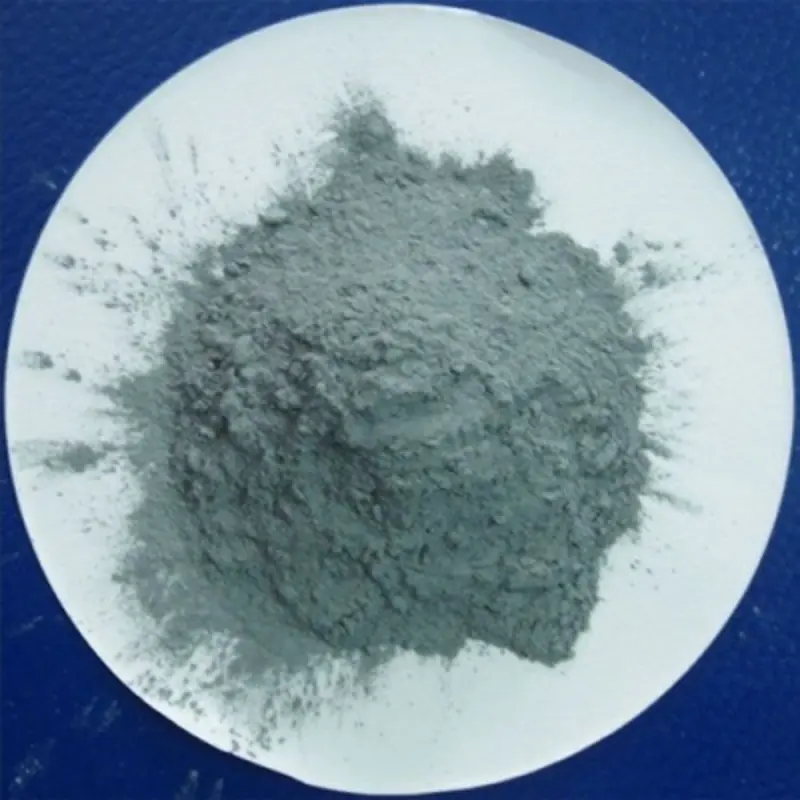-
Categories
-
Pharmaceutical Intermediates
-
Active Pharmaceutical Ingredients
-
Food Additives
- Industrial Coatings
- Agrochemicals
- Dyes and Pigments
- Surfactant
- Flavors and Fragrances
- Chemical Reagents
- Catalyst and Auxiliary
- Natural Products
- Inorganic Chemistry
-
Organic Chemistry
-
Biochemical Engineering
- Analytical Chemistry
-
Cosmetic Ingredient
- Water Treatment Chemical
-
Pharmaceutical Intermediates
Promotion
ECHEMI Mall
Wholesale
Weekly Price
Exhibition
News
-
Trade Service
Propylparaben sodium is a widely used preservative in the chemical industry, particularly in personal care products such as shampoos, soaps, and lotions.
It is known for its effectiveness in preventing the growth of bacteria and fungi, which can cause spoilage and potentially harmful contamination.
However, there has been some concern about the safety of propylparaben sodium, particularly with regard to its potential toxicity and environmental impact.
Toxicity:
Propylparaben sodium is considered to be a mildly toxic substance, and can cause skin irritation, allergic reactions, and respiratory problems if ingested or inhaled in large quantities.
However, it is generally believed to be safe for use in personal care products in concentrations of up to 20%.
In fact, propylparaben sodium is classified as a Class III preservative, which means that it is considered to be safe for use in cosmetic products.
One potential concern with propylparaben sodium is its potential to interact with other chemicals in personal care products.
For example, it has been found to enhance the absorption of other chemicals, such as fragrances and parabens, into the skin.
This could potentially increase the risk of health problems, although more research is needed to fully understand the implications of this interaction.
Environmental Impact:
Propylparaben sodium is not considered to be particularly harmful to the environment, as it is not highly soluble in water and does not readily biodegrade.
However, it is possible that it could have an impact on aquatic life if it is released into the environment in large quantities.
For this reason, it is important to ensure that propylparaben sodium is used and disposed of in an environmentally responsible manner.
It is worth noting that propylparaben sodium is not the only preservative available for use in personal care products.
There are many other options, including natural preservatives such as tea tree oil and essential oils, which may be safer and more environmentally friendly alternatives.
In conclusion, propylparaben sodium is considered to be a safe and effective preservative for use in personal care products, when used at recommended concentrations.
However, it is important to be aware of its potential toxicity and environmental impact, and to use and dispose of it in an environmentally responsible manner.
It is also important to consider the potential for interactions with other chemicals in personal care products, and to explore alternative, safer and more environmentally friendly preservatives.




![Aluminum, [(2E)-2-butenedioato(2-)-κO1]hydroxy- Al-Fum](https://file.echemi.com/fileManage/upload/goodpicture/20230919/ibrutinib-high-quality_b20230919163357076.jpg)


